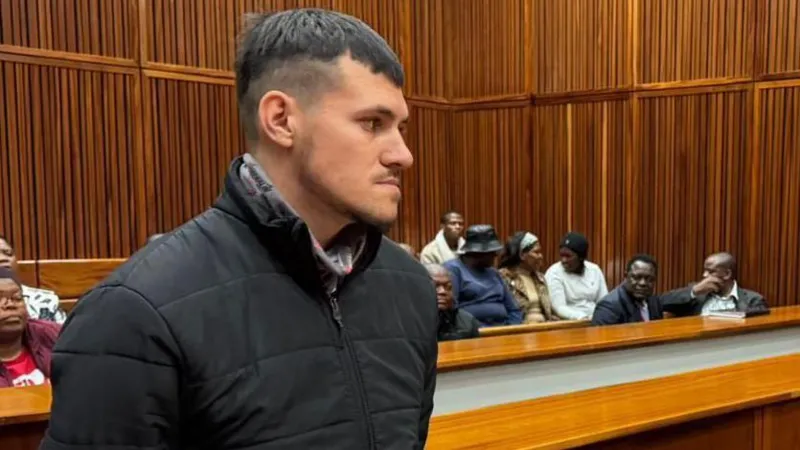Big Ideas Live: Space race, cyber warfare and the metaverse as science and tech experts consider the future of our world
Big Ideas Live returns with an exciting, interactive event offering you the chance to join the conversation with Sky News experts and leaders in science and technology, as we ask: Who owns the future?

That was the vow of Chancellor Jeremy Hunt in his autumn statement this week, as he pledged to protect the UK’s research and development budget.
Is that likely, or even possible?
“We’ve got lots of great companies, a big investment sector that’s willing to pour money into it, but the truth is also we haven’t done all the things we need to build up our arsenal.
“We haven’t been spending enough on R&D, we don’t have enough people studying STEM subjects, and funding isn’t really what it is in the US. We can get there - but there’s still work to be done.”
But should the UK even be looking to Silicon Valley at the moment, given the woes of companies like Twitter and Meta - and the conclusion of the Theranos scandal this week?
“We have to be careful not to think there’s only one way of being a great entrepreneur - the sort of Elon Musk way, where we be like him, look like him, say the things he does. I’m not sure that’s even working particularly well for him,” he says.
“But we can be a bit self-contained in our expression. Are we really going to do that [kind of attitude]? I think the government has an enormously important role in setting that high bar, supporting those who want to go far, even at the risk that some might not succeed.”
Professor Sir Mark Walport, of UK Research and Innovation, says Britain “needs to be” a science and tech superpower to confront the challenges of the future - including climate change.
“There is a huge amount to do,” he says.
Are we spending enough? At 2.4% of GDP, compared to 3% among world leaders back in 2020, Sir Mark says we are not.
“The trick is not just to try to create something out of the blue, but to work out where the areas of strength are and build on them,” he says of how the UK can develop its science and tech industry.
Zoe McDougall, of Oxford Nanopore Technologies, says one of the areas the UK does lead in is genomics, as evidenced by our response to the COVID pandemic.
Nanopore was spun out of the University of Oxford in 2005 and makes devices that can carry out DNA sequencing.
“DNA is in every living thing - if you know the DNA sequence, you can understand the identity of that organism, is it healthy, is it diseased, is it changing,” she explains.
Health care, agriculture, and food safety are just some of the real world applications of the device.
-sky news







